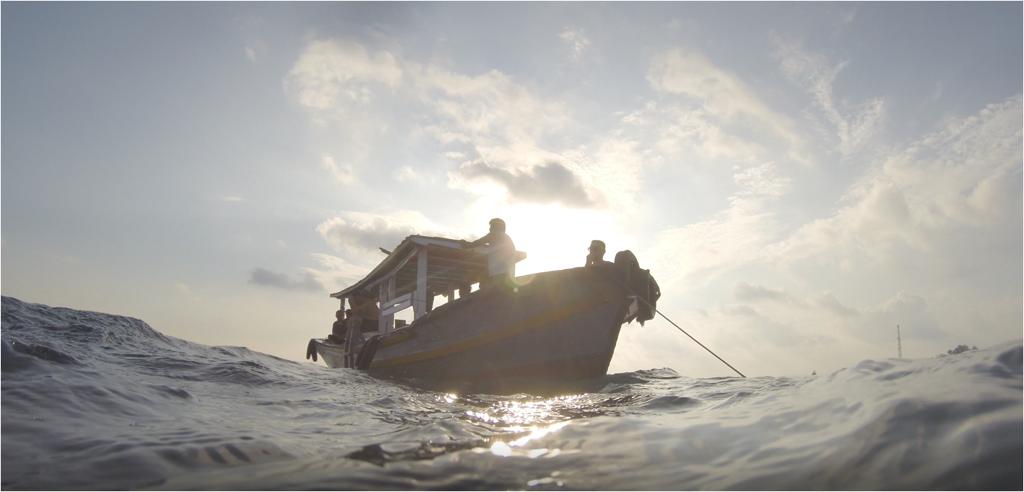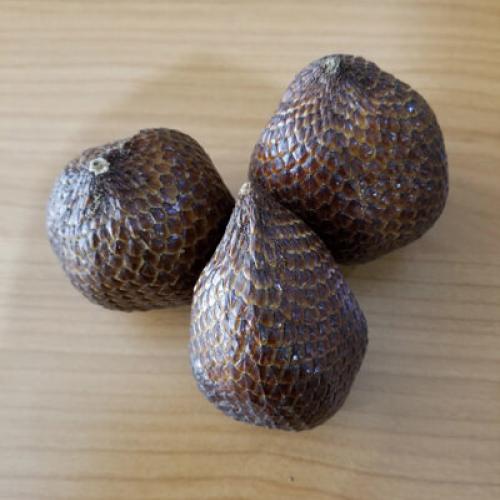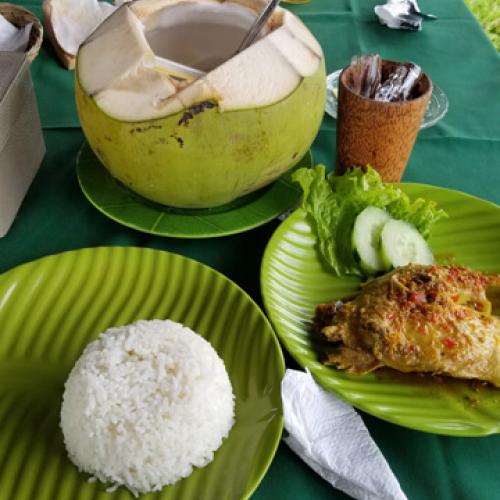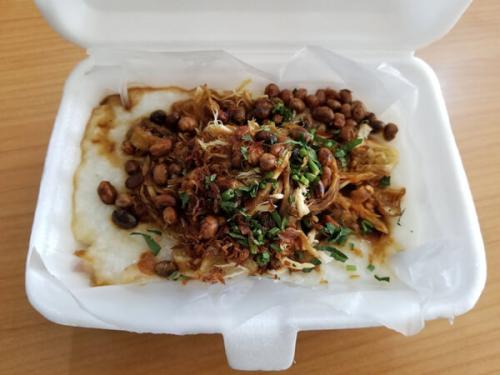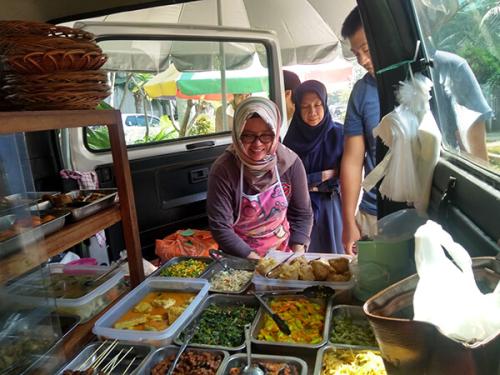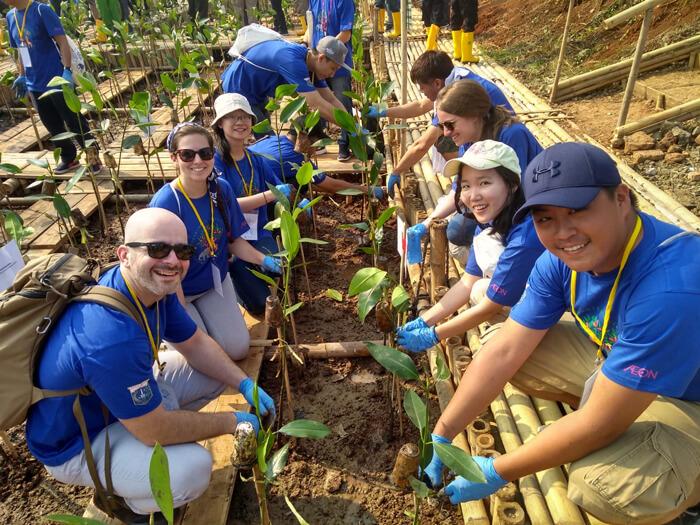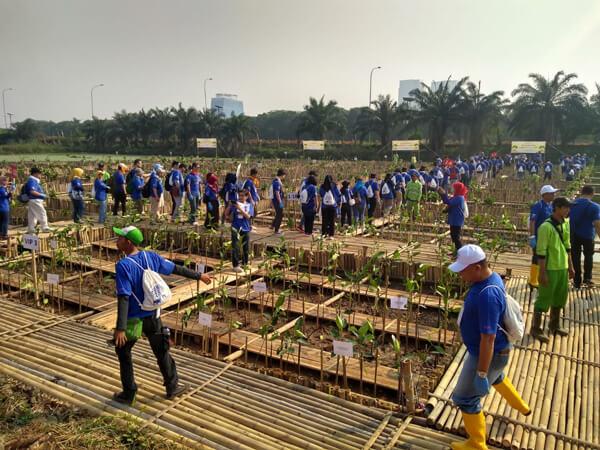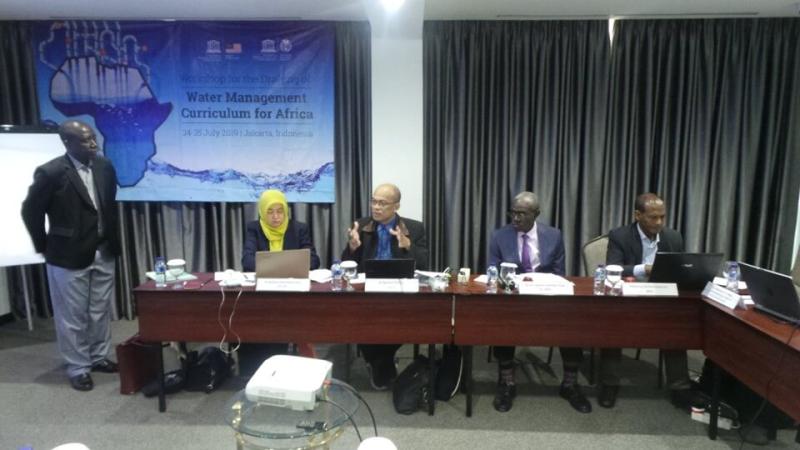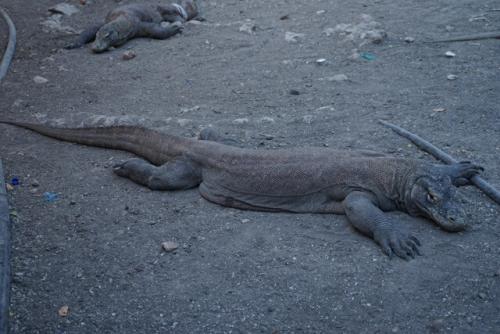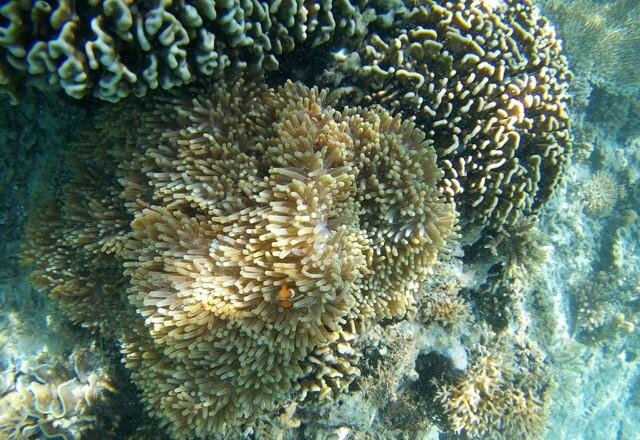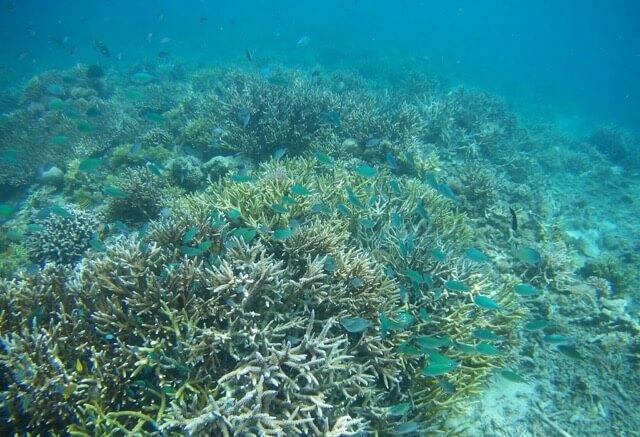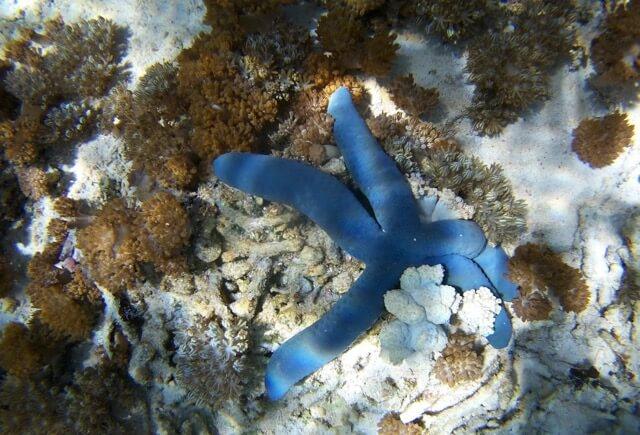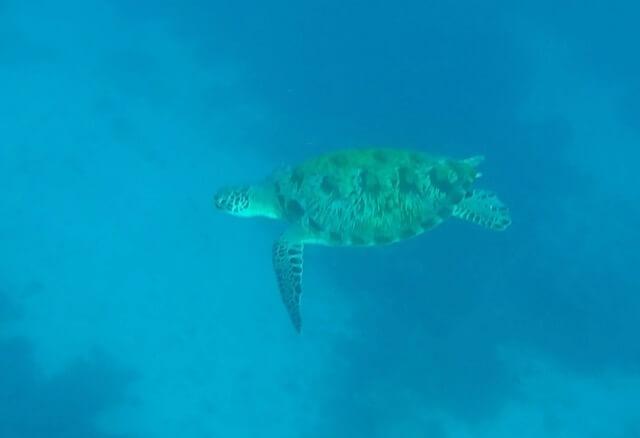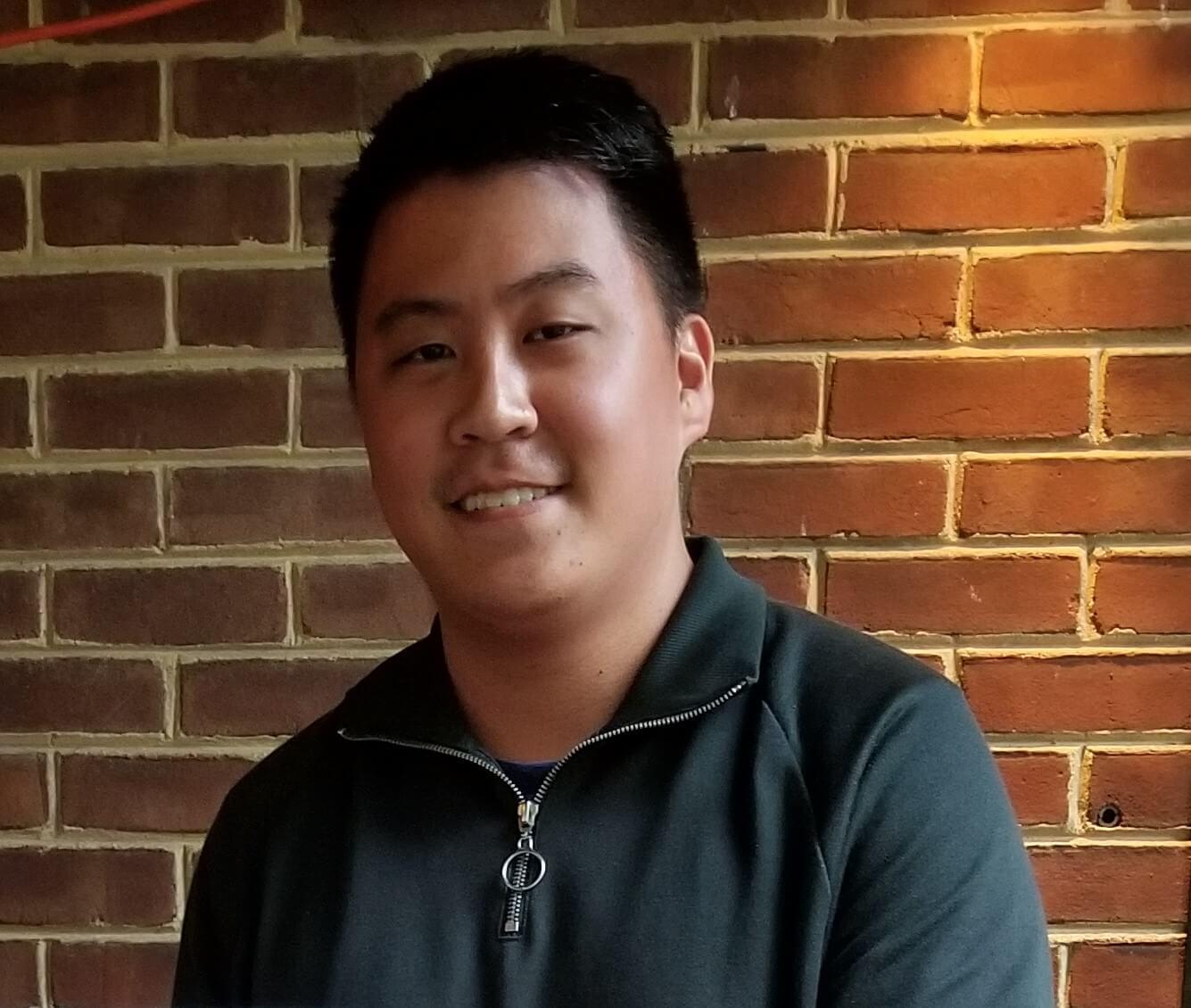(Please note: Some links have been removed since blog originally posted)
Welcome back to Jakarta! I appreciate you coming back to the GW UNESCO Fellowship blog and keeping up with me and my colleagues on our experience and adventures. As you may not know, I have decided to extend my stay in UNESCO Jakarta for another month. There is more work to be done and more opportunities for future workshops and meetings to attend in UNESCO Jakarta and many places to explore in Indonesia.
It has been over 2 months working in the UNESCO Jakarta office. My work has been a lot of support on planning upcoming workshops and meetings under Japan Funds-in-Trust (JFIT) and Malaysia Funds-in-Trust (MFIT) programs. Two big events that will be happening in September will be the annual Science to Enable and Empower Asia Pacific for Sustainable Development Goals II (SEE-AP for SDGs II) (funded by JFIT) and the Malaysia-UNESCO Cooperation Programme (MUCP) Post-Synthesis Meeting (funded by MFIT). Both events focus on the implementation of science education across the Asia-Pacific region and promote Science for Peace and Sustainable Development through South-South Cooperation on achieving the Sustainable Development Goals (SDGs).
My responsibilities on preparing for the two upcoming events were developing the program booklets and creating and emailing out formal invitation letters to the participants from academia, non-governmental organizations, and government. For SEE-AP for SDGs II and MUCP, the program booklets showcase all the programs from the Natural Science unit as well as the contribution of the national government from Japan, Malaysia, Republic of Korea, and other countries across the Asia-Pacific region. As it highlights all the departments within the Natural Science unit, there are six thematic UNESCO Science programs: Man and the Biosphere (MAB), Disaster Risk Reduction (DRR), Science, Engineering, Technology and Innovation (SETI), International Hydrological Programme (IHP), International Geoscience and Geoparks Programme (IGGP), and Intergovernmental Oceanographic Commission (IOC). I volunteered to work with MAB and IGGP programs and developed a one-page summary to highlight its recent and on-going projects. These two programs focused on the changes in the biosphere resulting from human and natural activities and the effects of these changes on humans and the environment, in particular in the context of climate change. The programs also promote the exchange and transfer of knowledge on environmental problems and solutions and foster environmental education for sustainable development using green technology and innovation.
I have also assisted with the Water and Environmental Science department on their workshop, Drafting of Water Management Curriculum for Africa (link has been removed since blog originally posted), this past month. My role during this the workshop was taking notes for each participants’ presentation and summarizing their presentations into a brief report for the Natural Science unit to have in their records. Five water-related Category 2 Centers and Chairs in Africa and Asia: Regional Center for Integrated River Basin Management (Nigeria), African Regional Center on Ecohydrology (Ethiopia), UNESCO Chair on Ecohydrology and Transboundary Water Management (Tanzania), Humid Tropics Center Kuala Lumpur (Malaysia), and the Asia Pacific Center for Ecohydrology (Indonesia), and two Indonesian universities, participated in the workshop to jointly draft a Water Management Curricula for Africa. The topics that were discussed in this workshop had an alignment with my interest in identifying the scientific approach that can increase carrying capacity of water resources, biodiversity, ecosystem services, and resilience and ensure sustainable water resource management in Africa. The presenters also mentioned the use of ecohydrology to improve water security, enhance biodiversity and further opportunities for sustainable development by lessening ecological threats and maximizing greater harmony within catchment processes. This was a great learning experience for me to gain a deeper understanding of ways to process clean water accessibility and establish water facilities for vulnerable communities in Africa and Asia-Pacific. There will be a following regional workshop on Water Education in Asia and the Pacific in early September, which I am particularly looking forward to attending.
Outside of UNESCO Jakarta, I had the chance to travel to 3 islands within the Lesser Sunda Islands: Komodo, Padar, and Rinca. My trip to the islands was my most memorable traveling experience. For 4 days and 3 nights, I stayed with a group of tourists on a moderate size boat sailing to the Komodo, Padar, and Rinca island as well as other islands along the way. The most exciting part of my trip was visiting the Komodo National Park and witnessing Komodo dragons roaming around the islands. When I first saw the Komodo dragons in the Komodo National Park, one of 1,121 UNESCO World Heritage Sites, it was interesting to see how they behave in the wild and how dangerous they can be when provoked. Some people may not see them as fascinating as I do but being present in front of the world’s largest lizards is something you do not see every day.
I believe working in the UNESCO Jakarta office has given me more insights on social and environmental development in Indonesia and the Asia-Pacific region. With projects that I am working on involving climate action and water sanitation, this trip has broadened my viewpoint on how it is important to focus on the Sustainable Development Goals and what strategies to implement the goals throughout the Asia-Pacific region. I hope to get into more projects involving the indigenous islands in Indonesia, particularly the Lesser Sunda Islands. In terms of having a memorable experience taking a trip to Komodo Padar, and Rinca, I highly recommend my friends and colleagues to take the opportunity to visit the islands and explore the unique faunas and floras that inhabit the islands. There are many islands to visit in Indonesia, but I hope to visit Komodo again in the near future.
As some of my colleagues in the UNESCO Fellowship program are finishing their time abroad, I will be staying another month to attend and perhaps participate in the upcoming workshops and meetings. I am excited to get more involved with UNESCO Jakarta and build my professional network with scholars and government officials who specializes in science education, specifically in climate change and sustainable development, from cluster countries.
I highly encourage you all to attend the UNESCO Fellowship Reception on September 13, where the UNESCO Fellows will share their personal and professional experience in UNESCO and their time abroad during the summer. Unfortunately, I will not be participating in the reception, but I am open to meet with students to share my experience working in UNESCO and living in Jakarta. Thanks again for visiting the UNESCO Fellowship 2019 blog!
Jonathan is a Master’s candidate in International Education with a focus on Environmental and Sustainability Education and Climate Change Education.


